Most wonder, do allergies bring on a fever? The reality is, allergies may leave you fatigued, warm, and weak, but not a true fever.Can Allergies Cause Fever? Your body is responding to an allergen, such as pollen, dust, or pet dander, not an infection.
Although allergies and fever share similar symptoms, it’s often hard to tell them apart. However, fever usually signals an infection rather than an allergic reaction.How Backup Heating Systems (Emergency Heat) Work
Can Allergies Cause Fever? The Real Can Allergies Cause Fever? The Real Explained Explained Understanding how to distinguish between allergy and infection prevents you from getting confused and treating your symptoms accordingly.can allergies cause fever Let’s see what actually goes on in your body when occur.
The Confusion Between Allergies and Fever
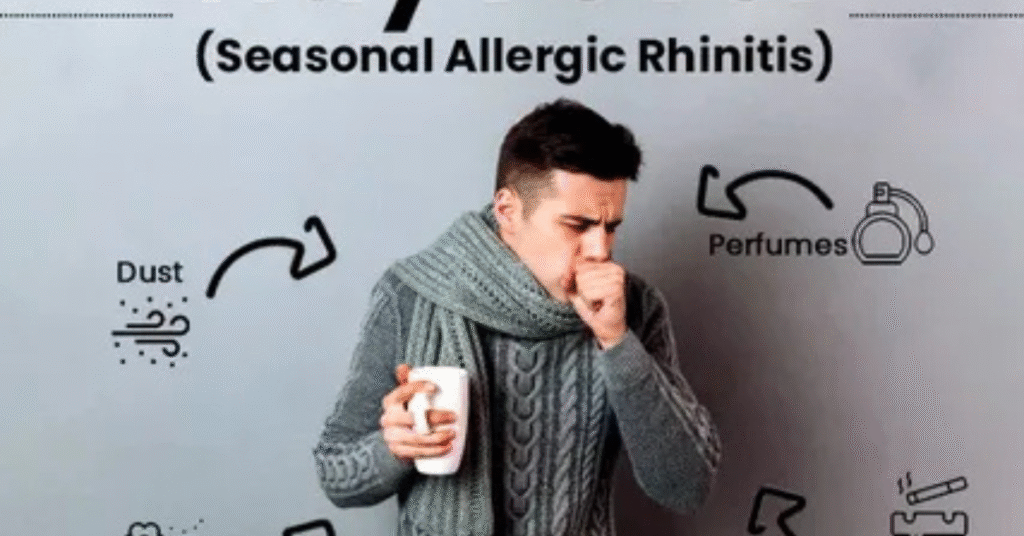
You start sneezing, your eyes itch, and you feel hot. You might think you have a fever, but it could be just allergies. Allergic reactions can make your body feel worn out and irritated, which often mimics illness. During allergy season, many people mistake this reaction for a mild fever or infection.
Doctors often explain that allergies cause inflammation but not the body temperature rise that happens with fever. Can Allergies Cause Fever? The Real Connection Explained This confusion becomes stronger How Backup Heating Systems (Emergency Heat) Work
when your immune system works overtime, releasing histamines that cause swelling, congestion, and warmth.
What Happens During an Allergic Reaction

When you breathe in allergens, your immune system sees them as dangerous, even though they’re not. It releases chemicals called histamines. These histamines trigger symptoms like a runny nose, itchy eyes, and sneezing.
This reaction is your body’s way of defending itself, but it doesn’t involve infection.Many people ask, can allergies cause fever, That means your temperature usually stays normal. The irritation in your nose and sinuses might make you feel flushed or slightly warm, but it’s not a true fever.
YOU WILL LIKE: https://doctorambulance.com/will-medicaid-cover-out-of-state-emergencies/
Can Allergies Cause Fever? The Scientific Truth
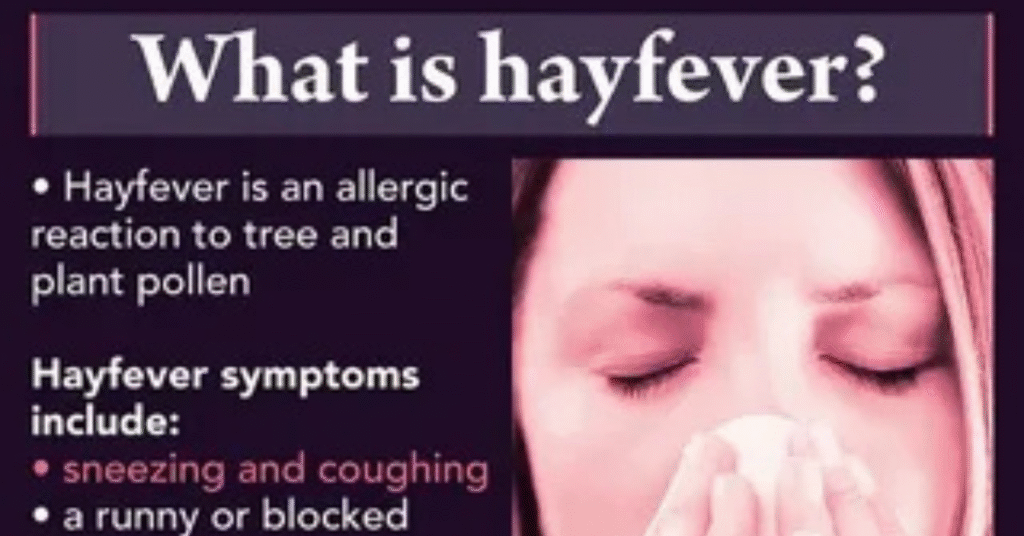
The simple answer is no, allergies don’t directly cause fever. Fever happens when your body fights infection. Allergies only activate the immune system in a different way. However, the inflammation caused by allergies can sometimes make you feel feverish.
For example, blocked sinuses trap mucus, creating a warm environment where bacteria can grow. If bacteria multiply, it can turn into a sinus infection — and that infection may lead to an actual fever. So, while allergies don’t cause fever, they can set the stage for one.
Conditions Often Mistaken for Allergies
Many illnesses share symptoms with allergies. People often confuse them, especially in early stages. Look at this simple comparison:
| Condition | Main Cause | Common Symptoms | Fever Present? |
| Allergies | Immune response to allergens | Sneezing, itchy eyes, runny nose | No |
| Cold | Virus | Cough, sore throat, mild aches | Sometimes |
| Flu | Influenza virus | Fatigue, body aches, chills | Yes |
| Sinus Infection | Bacteria | Facial pressure, thick mucus | Yes |
Knowing these differences helps you avoid unnecessary medicine and identify real illness early.
When Allergies Can Lead to Fever Indirectly

Sometimes allergies block the nose for long periods. This can trap bacteria inside your sinuses. Over time, that turns into an infection called sinusitis. In these cases, you might feel pressure in your face, headache, or even develop a fever.
The same can happen with ear infections or throat inflammation. Constant nasal drainage can irritate the throat and create bacterial buildup. So, allergies don’t cause fever directly, but they can open the door to it indirectly.
How to Tell the Difference: Allergies vs. Infection
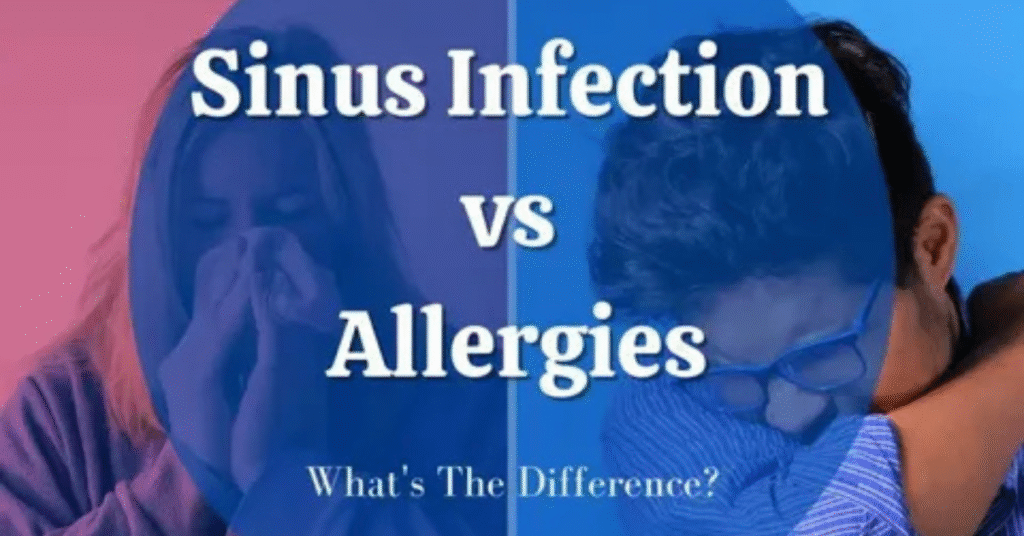
You can often tell the difference by watching your symptoms closely. Allergies usually appear suddenly and last as long as you’re exposed to the trigger — like pollen or pet hair. They cause itching and clear mucus.Can Allergies Cause Fever? The Real Connection Explained can allergies cause fever Infections,Many people ask, can allergies cause fever, on the other hand, cause thick mucus, fatigue, and fever.
Here’s another comparison table to help you decide what you might have:
| Feature | Allergies | Infection |
| Onset | Sudden, after exposure | Gradual |
| Mucus | Clear | Yellow or green |
| Fever | Rare | Common |
| Duration | As long as exposure lasts | 7–10 days |
| Body Aches | No | Yes |
If you feel warm but your temperature is below 100°F (37.7°C), it’s probably not a true fever.
Treatment and Relief Options

Treating allergies depends on avoiding triggers and calming your immune response. Over-the-counter antihistamines, nasal sprays, and saline rinses work well for mild cases. Keeping windows closed during pollen season and using an air purifier can also help.
If you develop a fever, rest and drink plenty of fluids. A doctor may prescribe antibiotics if a bacterial infection is found. Never self-diagnose prolonged symptoms. Professional care ensures you don’t treat allergies as flu or vice versa.
When to See a Doctor

You should see a doctor if you have symptoms that last longer than Many people ask, can allergies cause fever, two weeks or Many people ask, can allergies cause fever, if your temperature rises above 100.4°F (38°C).How Backup Heating Systems (Emergency Heat) Work
Other warning signs include severe facial pain, colored nasal discharge, and persistent coughing.
Ignoring symptoms might lead to worse infections or chronic sinusitis.Can Allergies Cause Fever? The Real Connection Explained A healthcare professional can perform tests like allergy screening or sinus imaging to identify the real cause and prescribe proper treatment.
Preventing Allergy Symptoms and Related Illnesses
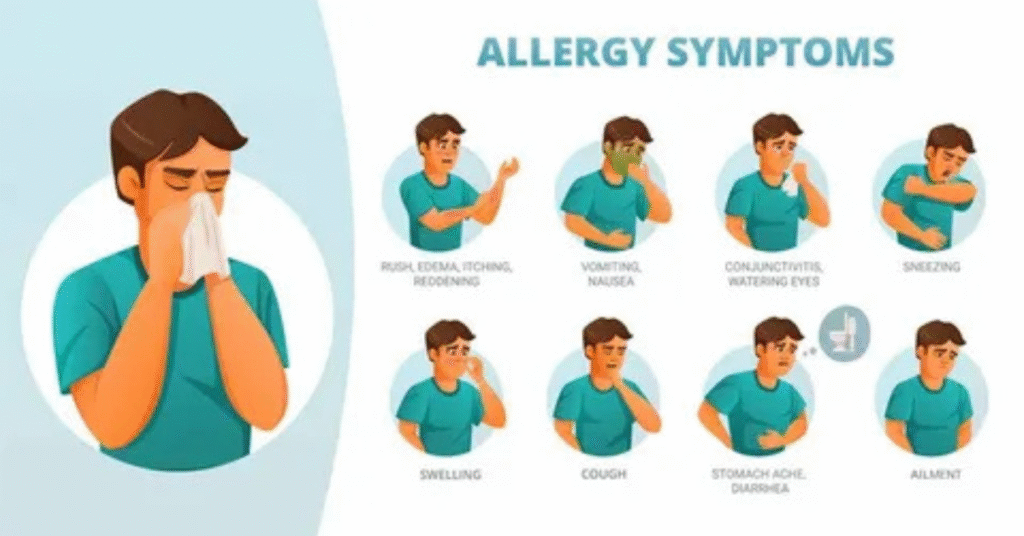
Prevention is the best defense. Regular cleaning, washing bed sheets in hot water, and using HEPA filters reduce allergens at home. During high pollen seasons, keep doors and windows shut. Showering after outdoor activities removes pollen from your hair and skin.
The table below shows simple ways to reduce allergy flare-ups:
| Action | Benefit |
| Use HEPA filter | Removes dust and pollen |
| Wash bedding weekly | Reduces dust mites |
| Avoid outdoor air on high pollen days | Prevents reactions |
| Keep pets out of bedrooms | Limits dander exposure |
Small lifestyle changes make a big difference in allergy control.
Key Takeaways

Can allergies cause fever? Not directly. Allergies trigger inflammation but don’t cause the infection that leads to fever.can allergies cause fever However, untreated allergies can cause sinus blockage, which may result in secondary infections.
Understanding the symptoms helps you take the right action early. With proper care, you can manage allergies effectively and avoid complications that make you feel sick or feverish.
The Role of the Immune System in Allergies
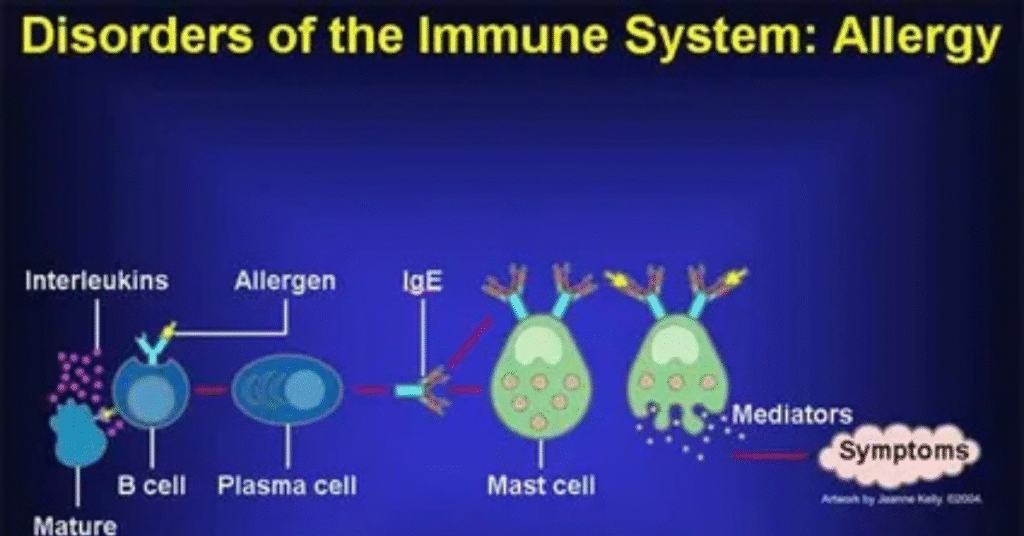
Your immune system is built to protect you from germs. But sometimes, it mistakes harmless things like pollen or pet hair for dangerous invaders.How Backup Heating Systems (Emergency Heat) Work
When that happens, your body reacts by releasing histamines, which cause swelling, sneezing, and watery eyes.
This defense mechanism is what makes allergies so uncomfortable.In most cases, allergies don’t directly cause a rise in temperature. Even though your immune system acts like it’s fighting an infection, it’s actually overreacting to something harmless. That’s why allergies feel intense but rarely lead to fever.
Why Allergies Make You Feel Sick Without Fever
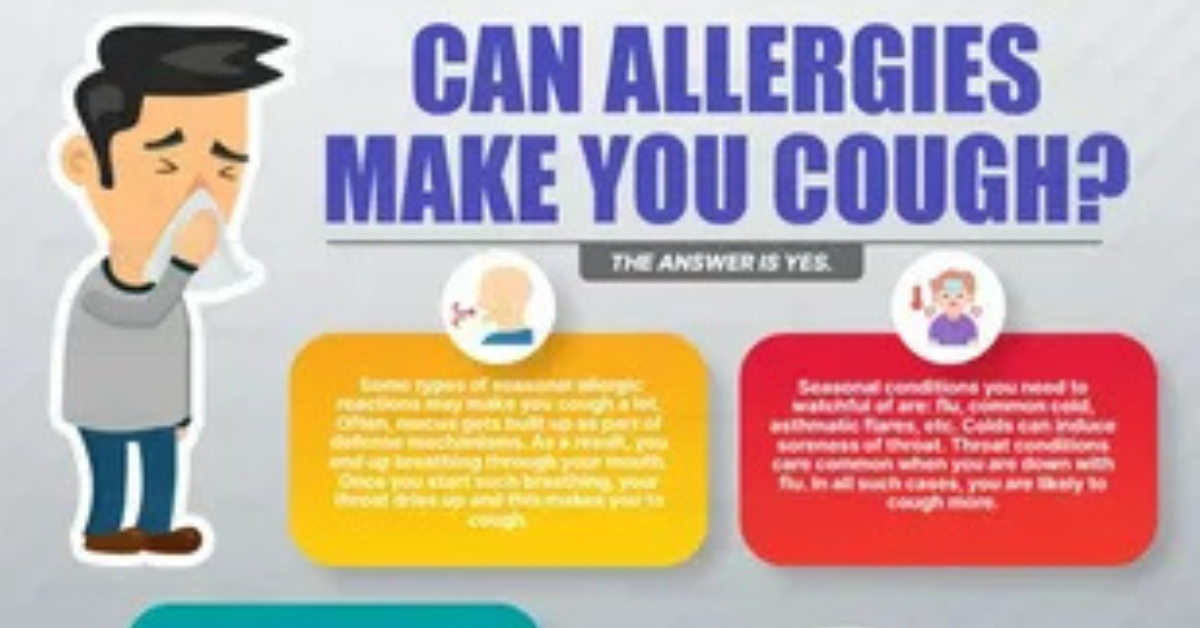
Many people with allergies feel drained, foggy, or dizzy, even without a fever. That’s because the body’s immune response uses up energy and triggers inflammation in your In most cases, allergies don’t directly cause a rise in temperature. airways and sinuses.
The constant congestion can cause headaches and poor sleep, leaving you tired. It’s a lot like having a mild illness — except your temperature stays normal. This is what creates the “fever-like” feeling without real infection.
Common Myths About Allergies and Fever
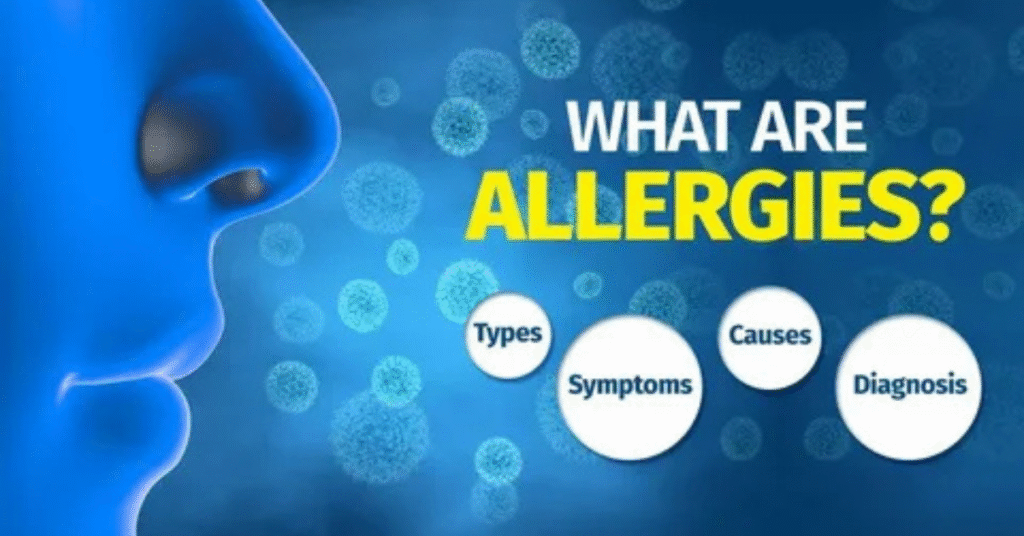
A popular myth is that allergies cause fever in children or adults. In truth, they only cause warmth or mild body aches. Fever always signals infection, not an allergic response.
Another myth is that taking fever medicine helps allergies. It doesn’t. Antihistamines and nasal sprays treat allergies; fever reducers are for infections. Knowing this saves time, money, and unnecessary medication.
Managing Allergies Year-Round
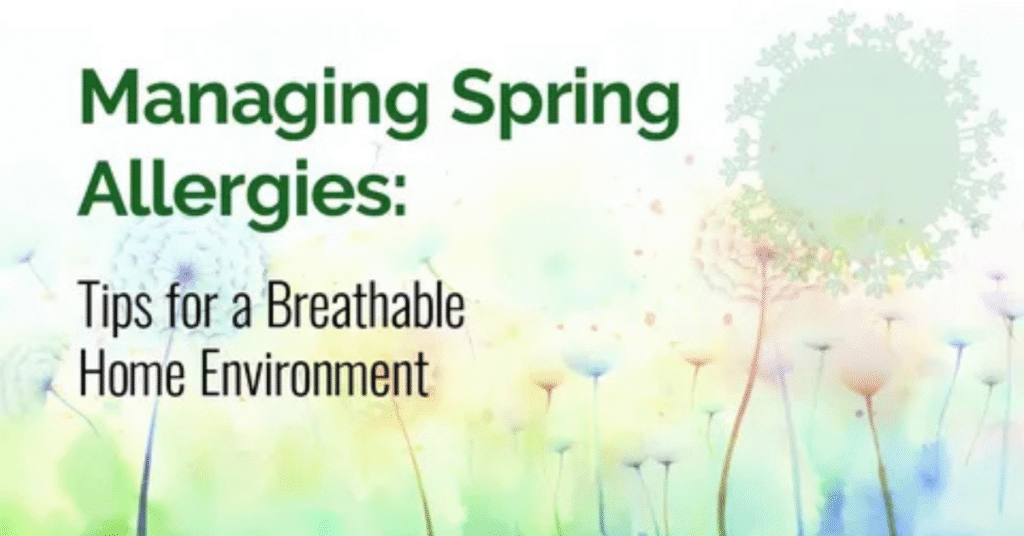
Controlling allergies is a year-round effort. During spring and fall, pollen levels rise. In winter, indoor allergens like dust mites and mold take over. Keeping your home clean and using air filters helps reduce symptoms in every season.
If allergies remain severe, talk to a doctor about immunotherapy or allergy shots. These treatments train your immune system to stop overreacting to allergens over time, helping you breathe easier and stay fever-free.
FAQ”s
Can allergies cause a low-grade fever?
No, allergies alone don’t cause fever. But if you develop a sinus or ear infection However, the body’s immune response can make you feel warm or tired. due to congestion, your temperature might rise slightly.
Why do allergies make me feel warm?
Inflammation in your nasal passages increases blood flow, making your face feel warm. It’s not an actual fever, just a heat sensation.
Can seasonal allergies make you tired or weak?
Yes, the body’s immune response releases chemicals that cause fatigue and weakness, even without fever.
How long do allergy symptoms last?
Allergy symptoms last as long as you’re exposed to the allergen. Once removed, symptoms usually fade within days.
When should I worry about fever during allergy season?
If your fever is over 100.4°F or lasts more than two days, see a doctor. It could mean an infection, not allergies.
Conclusion
In short, allergies don’t cause fever, but they can make you feel like you have one. Can Allergies Cause Fever? The Real Connection Explained They irritate your immune system and sometimes lead to infections that trigger fever later. Recognizing the difference helps you recover faster and avoid unnecessary worry. Always treat your allergy symptoms early to stay healthy and prevent complica.